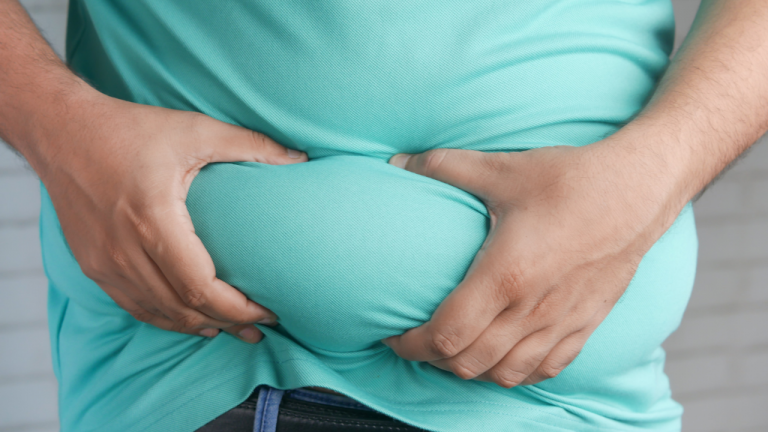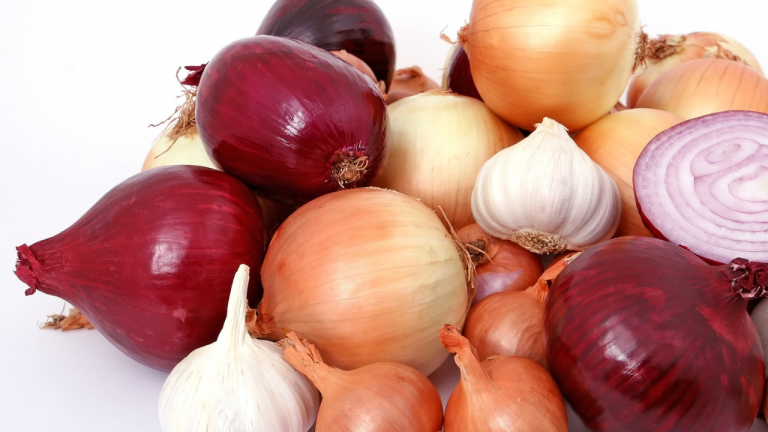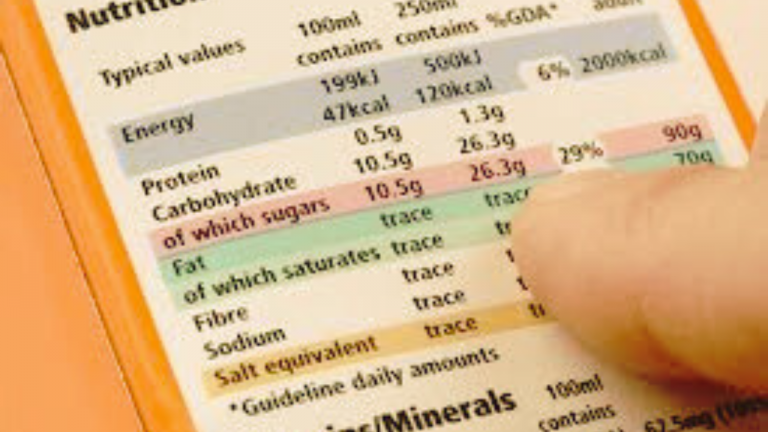Excessive Sweating — Hyperhidrosis — polyhidrosis or sudorrhea Symptoms, Causes, and Natural Treatment.

Hyperhidrosis — Excessive sweating. Hidrosis means sweating, so hyperhidrosis is too much sweating.
Hyperhidrosis, also known as polyhidrosis or sudorrhea, is a condition characterized by excessive sweating. The sweating can affect just one specific area or the whole body.
Although not life-threatening, it can be uncomfortable and cause embarrassment and psychological trauma.
- Hyperhidrosis tends to begin during adolescence
- Most commonly, the feet, hands, face, and armpits are affected
Hyperhidrosis
The excessive sweating associated with hyperhidrosis is normally most active in the hands, feet, armpits, and groin because of their relatively high concentration of sweat glands.
- Focal hyperhidrosis: When the excessive sweating is localized. For example, palmoplantar hyperhidrosis is excessive sweating of the palms and soles.
- Generalized hyperhidrosis: Excessive sweating affects the entire body.
Hyperhidrosis may be present from birth or might develop later in life. However, most cases of excessive sweating tend to start during a person’s teenage years.
The condition can be due to an underlying health condition, or have no apparent cause:
- Primary idiopathic hyperhidrosis: “Idiopathic” means “of unknown cause.” In the majority of cases, hyperhidrosis is localized.
- Secondary hyperhidrosis: The person sweats too much because of an underlying health condition, such as obesity, gout, menopause, a tumor, mercury poisoning, diabetes mellitus, or hyperthyroidism (overactive thyroid gland).
For some, hyperhidrosis symptoms are so severe that it becomes embarrassing, causing discomfort and anxiety. The patient’s career choices, free time activities, personal relationships, self-image, and emotional well-being may be affected.
Symptoms
Hyperhidrosis is defined as sweating that disrupts normal activities. Episodes of excessive sweating occur at least once a week for no clear reason and have an effect on social life or daily activities.
Signs and symptoms of hyperhidrosis may include:
- Clammy or wet palms of the hands
- Clammy or wet soles of the feet
- Frequent sweating
- Noticeable sweating that soaks through clothing
People with hyperhidrosis might experience the following:
- Irritating and painful skin problems, such as fungal or bacterial infections
- Worrying about having stained clothing
- Reluctant to make physical contact
- Self-conscious
- Socially withdrawn, sometimes leading to depression
- Select employment where physical contact or human interaction is not a job requirement
- Spend a large amount of time each day dealing with sweat, such as changing clothes, wiping, placing napkins or pads under the arms, washing, wearing bulky, or dark clothes
- Worry more than other people about body odor
Experts are not certain why, but excessive sweating during sleep is not common for people with primary hyperhidrosis (the type not linked to any underlying medical condition).
Causes
The causes of primary hyperhidrosis are not well-understood; on the other hand, secondary hyperhidrosis has a long list of known causes.
Causes of primary hyperhidrosis
People used to think that primary hyperhidrosis was linked to the patient’s mental and emotional state, that the condition was psychological and only affected stressed, anxious, or nervous individuals.
However, recent research has demonstrated that individuals with primary hyperhidrosis are no more prone to feelings of anxiety, nervousness, or emotional stress than the rest of the population when exposed to the same triggers.
In fact, it is the other way round – the emotional and mental feelings experienced by many patients with hyperhidrosis are because of excessive sweating.
Studies have also shown that certain genes Trusted Sources play a role in hyperhidrosis, making it look more likely that it could be inherited. The majority of patients with primary hyperhidrosis have a sibling or parent with the condition.
Causes of secondary hyperhidrosis
- Spinal cord injury
- Alcohol abuse
- Anxiety
- Diabetes
- Gout
- Heart disease
- Hyperthyroidism – an overactive thyroid gland
- Obesity
- Parkinson’s disease
- Pregnancy
- Respiratory failure
- Shingles
- Some cancers, such as Hodgkin’s disease
- Some infections – HIV, malaria, TB (tuberculosis)
- Some medications, including antidepressants, anticholinesterases (for Alzheimer’s disease), pilocarpine (for glaucoma), propranolol (for high blood pressure)
- Substance abuse
Thermoregulatory sweat test: a powder that is sensitive to moisture is applied to the skin. When the excessive sweating occurs at room temperature, the powder changes colorTrusted Source. The patient is then exposed to high heat and humidity in a sweat cabinet, which triggers sweating throughout the whole body.
When exposed to heat, people who do not have hyperhidrosis tend not to sweat excessively in the palms of their hands, but patients with hyperhidrosis do. This test also helps the doctor determine the severity of the condition.
Natural Treatment
Some alterations in daily activity and lifestyle may help improve symptoms:
- Antiperspirants – deodorants do not stop sweating, but antiperspirants sprays do. Some prescription antiperspirants include aluminum chloride, which plugs the sweat glands.
- Armpit shields – pads worn in the armpit to protect a garment from perspiration.
- Clothing – certain synthetic fibers, such as nylon, may worsen symptoms. Loose clothing is better.
- Shoes – synthetic materials are more likely to worsen symptoms. Natural materials, such as leather, are recommended.
- Socks – some socks are better at absorbing moisture, such as thick, soft ones made of natural fibers.
If these measures are not effective, medical treatment may help.
There are a few food choices you may want to avoid if you’re out to a business lunch or in a social situation where you’d rather not sweat. Definitely avoid spicy food. Our bodies react to spicy food in the same way they do to any other heat — they try to cool things down, which leads to sweating.
Caffeine isn’t advisable either as it stimulates our adrenal glands and causes our palms, feet, and underarms to sweat.
TOMATO JUICE FOR HYPERHIDROSIS
Tomato juice may seem like a random food for hyperhidrosis, but it can help to shrink your pores which can greatly assist with excessive and chronic sweating. You can utilize the benefits of tomatoes by drinking a glass of tomato juice each day, eating a diet high in tomatoes, or even applying tomato juice to your sweat problem areas and letting it sit for a few minutes before wiping it off.
APPLE CIDER VINEGAR AND LIME JUICE FOR HYPERHIDROSIS
You can find natural treatment in your kitchen. Apple cider vinegar and lime juice are both known to control sweating. Choose one of these and rub it onto your armpits twice a day. Apply some in the morning and in the evening when you get home from work or school.
There are a few ways you can use ACV to eliminate excessive sweating.
- You can apply ACV to the affected areas before you go to sleep.
- For sweaty feet, soak them in a solution made from half a cup of ACV and a liter of cold water. Soaking your feet in this solution for approximately 15 minutes every day will reduce perspiration.
- If you do not want to soak, then you can apply ACV on your hands and feet and allow it to dry. Wash it off with water.
- The easiest way to consume ACV is to add 1-2 tablespoons of it to a glass of water and consume it first thing in the morning.
Lemon For Excessive Sweating
Naturally acidic, using lemon is an effective natural treatment for sweaty hands and feet. The versatility of lemon makes it useful in more ways than one!
- One way to use lemon for combating excessive sweating is by mixing lemon juice with salt and rubbing it on your hands. When it dries up, wash it off.
- Another way in which lemons can be used is by drying the peels of lemons and oranges and turning them into powder. Dust this powder on your hands and feet to prevent excessive sweating.
- Yet another way to use lemons is to mix lemon juice with vodka and rub it on your hands. Leave the mixture on for 10-15 minutes and wash it off.
Potatoes For Excessive Sweat
The humble potatoes are loved by everyone in various forms! However, would you believe us if we told you that using potatoes is also a brilliant solution for sweaty hands and feet? It’s true! Being a low-acid food, they can help control excessive sweating.
- Extract juice from raw potatoes and dab onto affected areas using a cotton ball.
- Take some potato slices and rub them against your hands and feet. Let the juice stay on for some time, and then wash it off.
Sandalwood powder For Excessive Sweat
Sandalwood paste has been used by people for its cooling effect. It is due to this property that it can lessen perspiration and be a solution for sweaty hands and feet.
- Mix sandalwood powder with water, lime juice, or rosewater and apply it to your hands and feet and rinse after the paste has dried.
Baking soda For Excessive Sweat
The alkaline nature of baking soda makes it an effective natural treatment for sweaty hands and feet.
- Mix two to three tablespoons of baking soda in warm water and dip your hands and feet in it for 20-30 minutes.
- Rub them well with the baking soda and remove them from the water, then pat dry.
Coconut oil and camphor For Excessive Sweat
By now, you already know that coconut oil can solve every problem, whether it is related to skin or hair! For sweaty hands and feet, using coconut oil in combination with camphor works very well.
- Dissolve a piece of camphor in some coconut oil and dab this mixture on the sweat-prone areas.
- Let it rest for 40-60 minutes.
- Wash it off with clean water.
- Alternatively, you can also add camphor to your bath water to decrease sweating.
Rosewater For Excessive Sweat
Rosewater has a cooling impact on the skin; hence, it is a good natural treatment to deal with excessive sweating. Dab some rose water on your palms and feet and do this regularly to see reduced sweating.
Tea tree oil For Excessive Sweat
Due to its antifungal properties, tea tree oil can help you get relief from excessive sweating.
- Apply tea tree oil to perspiring areas in small quantities regularly.
- Be careful to use just a few drops at a time, because overuse of tea tree oil can cause drying of the skin.
Teabags For Excessive Sweat
Moist black tea bags have antiperspirant properties, so you can use them for sweaty palms and feet. Hold them in your sweaty hands for a few minutes every day.
- If you want, you can also wipe your hands and feet with black tea bags.
- Alternatively, you can soak 3-4 tea bags in hot water and soak your palms and feet in it for 30 minutes.
- You can do this every day.
Complications
If hyperhidrosis is not treated, it can lead to complications.
- Nail infections: Especially toenail infections.
- Warts: Skin growths caused by the HPV (human papillomavirus).
- Bacterial infections: Especially around hair follicles and between the toes.
- Heat rash (prickly heat, miliaria): An itchy, red skin rash that often causes a stinging or prickling sensation. Heat rash develops when sweat ducts become blocked and perspiration is trapped under the skin.
- Psychological impact: Excessive sweating can affect the patient’s self-confidence, job, and relationships. Some individuals may become anxious, emotionally stressed, socially withdrawn, and even depressed.
On average, a person with hyperhidrosis seeks medical help after living with the condition for 9 years. It is important to spread the word that the symptoms of excessive sweating can be effectively treated.
Some Questions and Answers Regarding Excessive Sweat
Q. What is the cause of sweaty palms and feet?
A. As mentioned in the article, the causes of sweaty hands and feet are many, including hot and humid weather, rigorous exercise, stress and anxiety, menopause, hyperthyroidism, hypoglycemia, and certain medicinal drugs.
Q. Can stress make your feet stink?
A. There’s no doubt about that! When you are under stress, you’re bound to sweat more. In fact, stress-induced sweat is produced by a different sweat gland, so it has an even worse smell.
Q. Are sweaty hands and feet normal?
A. Yes, excessive sweating, known as hyperhidrosis, is completely normal. It is most commonly seen on the hands, feet, armpits, and groin region because of the high concentration of sweat glands.



